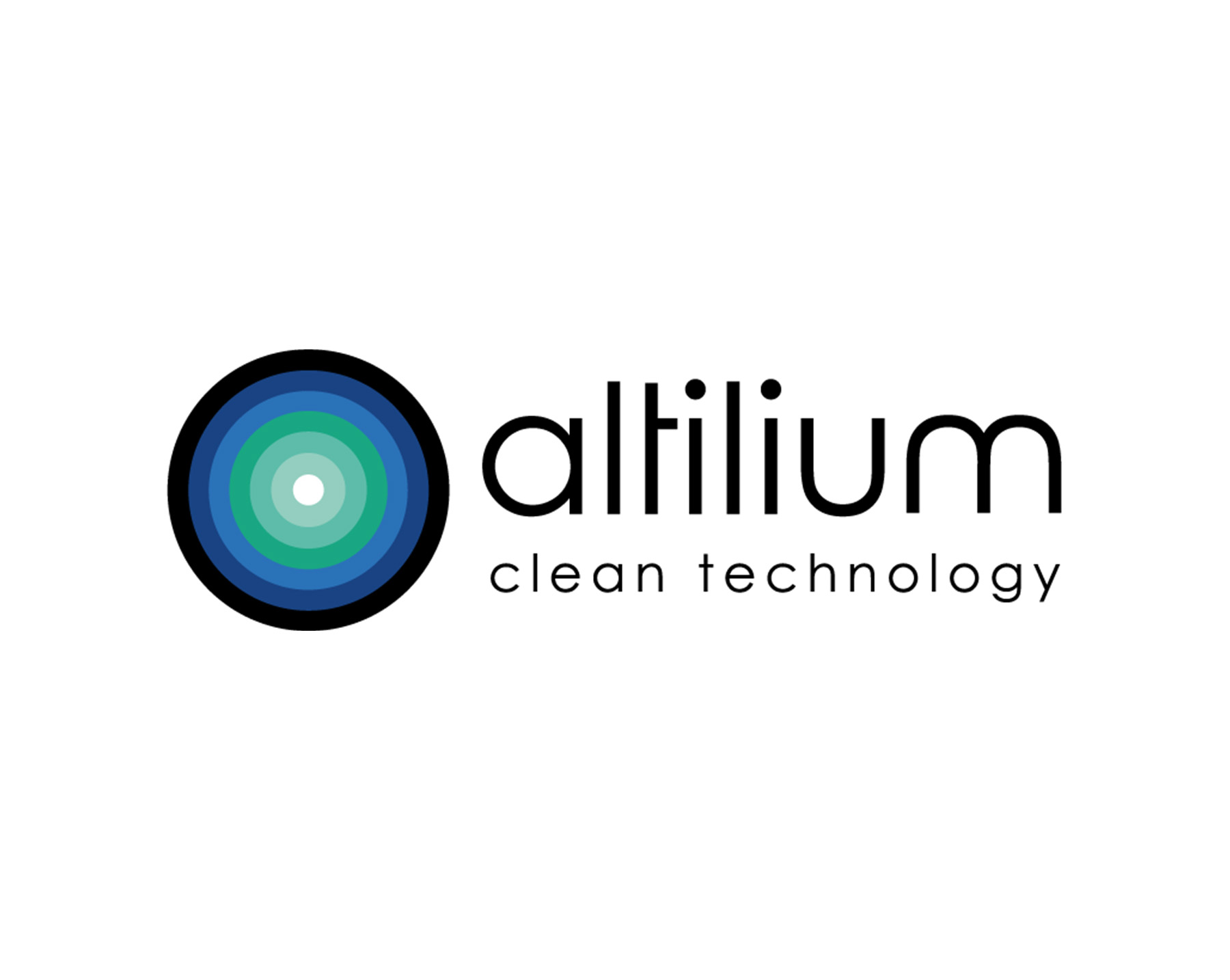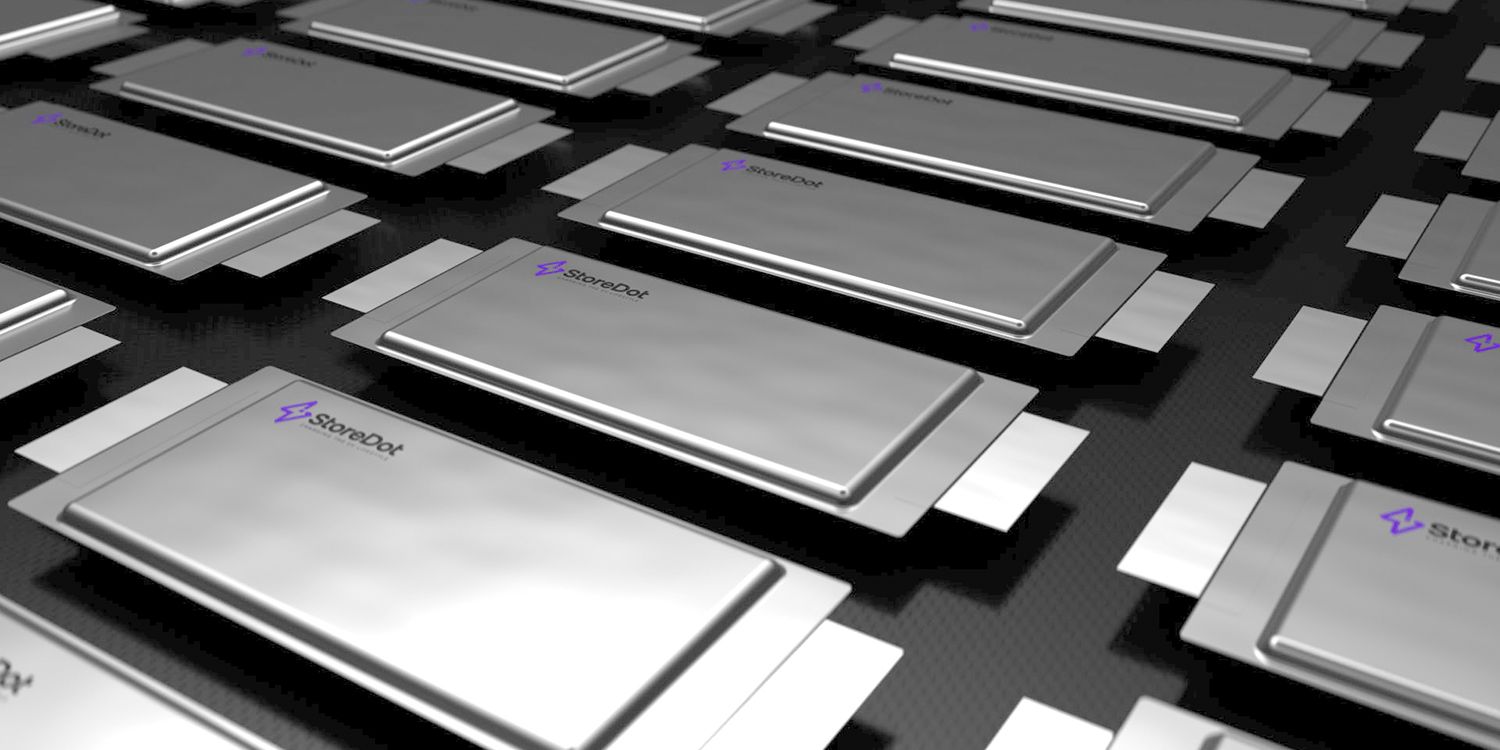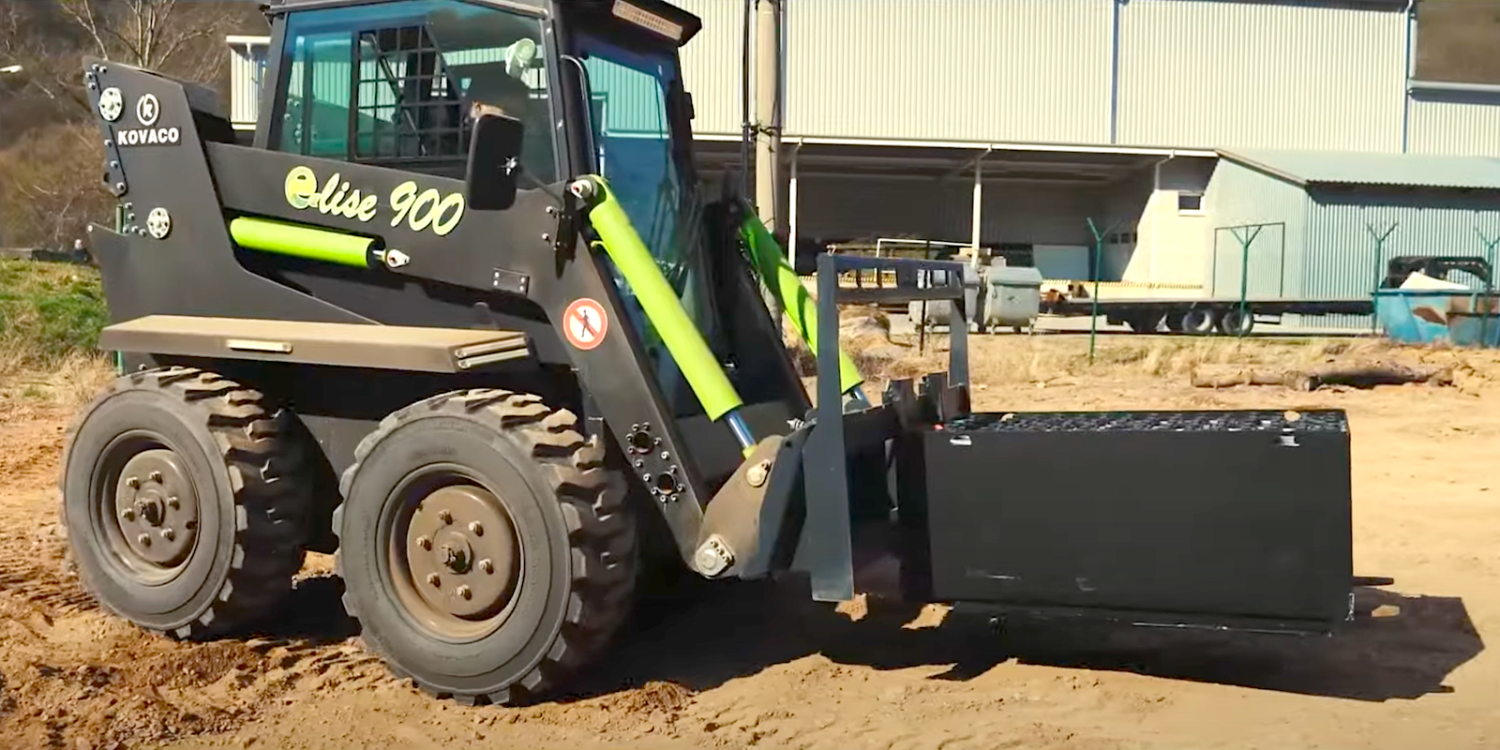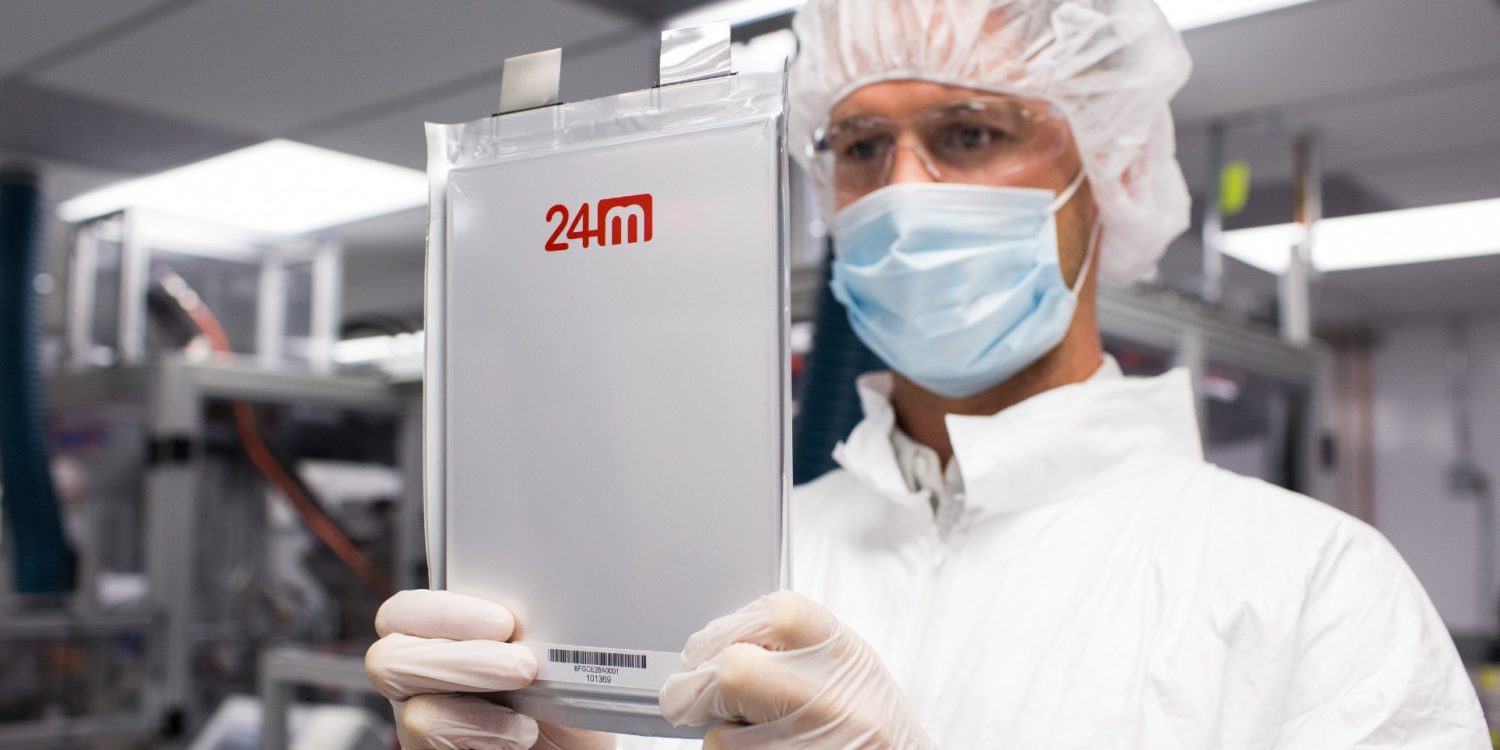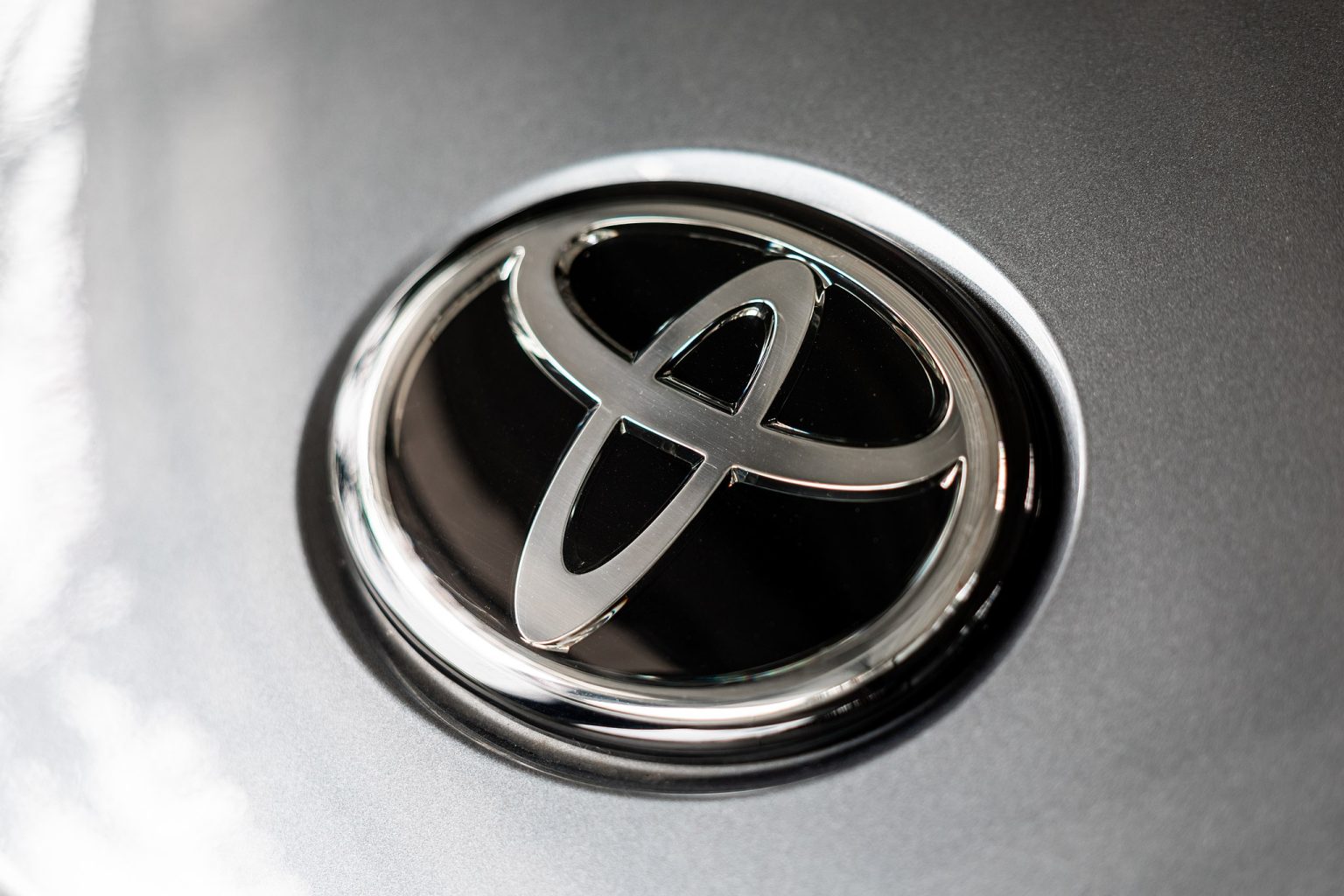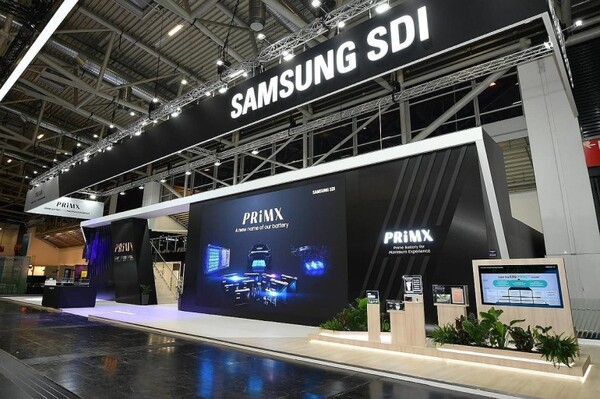Altilium, a UK-based clean technology group, has announced a collaboration with Nissan to improve the sustainability of electric vehicle (EV) batteries manufactured in the UK. This project aims to use advanced recycling technologies to reduce the carbon footprint of new batteries and decrease reliance on imported raw materials, supporting the transition to net zero.
The initiative, part of a £30 million project led by the Advanced Propulsion Centre (APC), has been granted £15 million in funding. It will enhance the technical expertise and research and development (R&D) capability of the Nissan Technical Centre Europe (NTCE) in Cranfield, Bedfordshire. The focus will be on the development and advancement of EV battery reuse, recycling, and energy balancing technology.
See also: SQM Lithium Ventures Invests $9.4 Million in UK EV Battery Recycler Altilium
The consortium also includes battery producer AESC and Connected Energy. Together, the companies will collaborate to maximize the potential for raw material recycling and develop a “closed-loop” model for battery materials. This model aims to reduce the need for mining and save natural resources by processing waste from spent Nissan Leaf batteries and production scrap, then upcycling these materials to produce high nickel chemistry cathode active materials (CAM) for testing in the next generation of EV batteries.
Dr. Christian Marston, co-founder and COO of Altilium, highlighted the collaboration’s significance, stating, “The collaboration with Nissan, AESC, and Connected Energy marks a significant milestone in our mission to create a sustainable ecosystem for EV batteries.” He emphasized the joint effort’s goal of revolutionizing how EV batteries are managed and repurposed, ensuring the UK has a domestic and sustainable source of battery materials for low carbon transportation.
See also: Altilium and Synetiq Partner for Commercial EV Battery Recycling, Vmoto Collaboration Announced
The project aims to establish a comprehensive, circular approach to managing EV batteries, minimizing environmental impact, and maximizing resource efficiency. Altilium’s proprietary EcoCathode™ hydrometallurgical process plays a crucial role, capable of recovering over 95% of the cathode metals, including lithium, from end-of-life EV batteries. These recovered materials are re-engineered and upcycled to high nickel CAM, reducing the carbon footprint in CAM by 50% and the cost by 20% compared to virgin mined materials.
The support from the APC highlights the importance of public-private partnerships in driving zero-emission technologies and building a sustainable EV supply chain in the UK. The funding will accelerate the scale-up of Altilium’s recycling facilities, including the construction of the UK’s first industrial-scale recycling plant in Teesside.
Altilium’s full battery circularity model will provide a unique customer offering in the UK, encompassing zero-carbon EV battery collection, black mass recycling, and chemical refining to produce 30,000 MT of battery-ready CAM, enough to meet 20% of the UK’s requirement by 2030.

